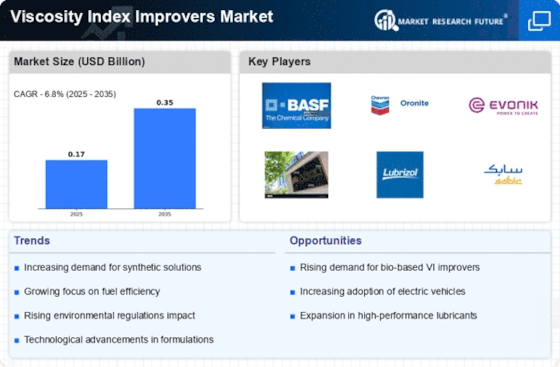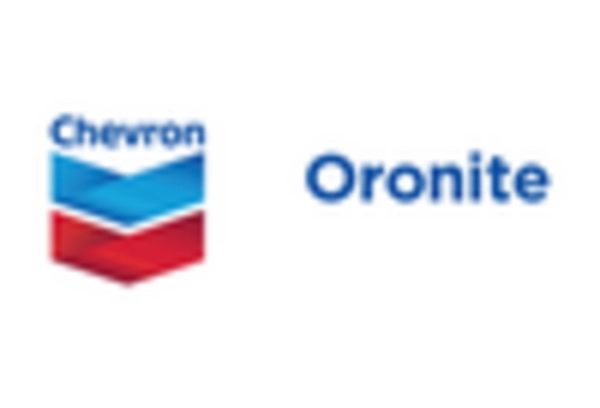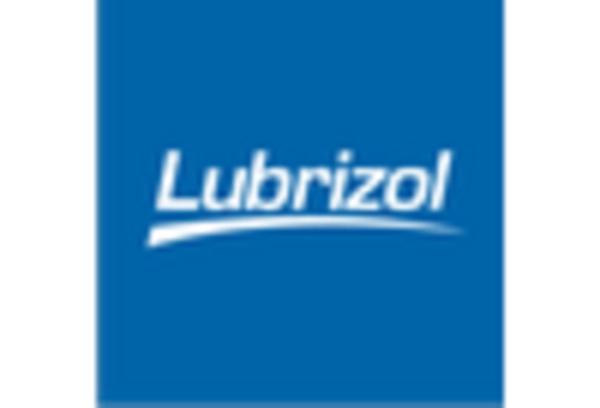Market Analysis
In-depth Analysis of Viscosity Index Improvers Market Industry Landscape
The viscosity index improvers (VIIs) market exists as part of a greater lubricant additives industry, offering an important functionality in the betterment process of all lubricating oil. Market behavior in the field, as one can observe, is affected by the different combinations of factors that can influence both supply and demand. Primarily, the oil-industry, a large user of lubricants especially the viscosity index improvers, drives a large consumptions to these products. Along with the industry's upsurge, mainly in the developing countries, it becomes crucial for lubricants to provide high performance and be able to guarantee this in the right engine settings.
Besides, the global economy conditions is the factor which also effect to the market behaviour of the viscosity index improvers. Economic recession may cause a reduction in production activities including their needs for lubricants and, consequently, VIIs demands will be affected. However, the key spin off from good economic situations may be the stimulation of manufacturing and car transports that will in turn result in a boost in demand for lubricants and viscosity modifiers.
Innovation and technology are aspects which boosr the market performance of VIIs. Remarkably, research and development strategies aim at the manufacture of more competent and strong viscosity index improvers. Producers continuously try to design products that exceed the already existing standards but also potentially solve the problems that customers have identified such as fuel efficiency and carbon emissions. All these technological innovations can enable companies to have an edge over the others in the ever-changing world of business.
The environmental control, in another measure, ha significant influence on the mass market of the viscosity improvers. With stricter carbon emission regulations and directives on sustainability being put in place in governments globally, there is a trend towards developing lubes that offer a lower environmental footprint. The trend subsequently forces manufacturers to put their money in VFC technologies that enable energy efficiency and lower down the carbon footprint thus meeting the global call for green technology.
Competition also plays a prime role in molding market dynamics in the sector of viscosity index improvers. A combination of well-entrenched multinational companies and budding local players results in an intensified competition which in turn encourages companies to devise their approach on how they will be able to stand-out through product differentiation, pricing strategies, and customer service. Market consolidation through mergers and acquisitions by competitors can even impact power distribution among significant players, constraining the degree of market concentration.


















Leave a Comment